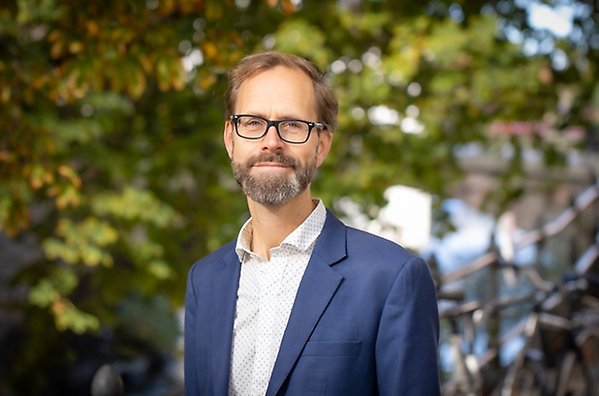Working group 1: Negotiating Nuclear Disarmament
Leader: Dr Isak Svensson
Working Group 1 focuses on the processes of multilateral negotiations aimed at disarmament, non-proliferation, and management of nuclear weapons. We will seek to stimulate research, bringing together some of the leading international scholars in the study of negotiation research as well as scholars focusing specifically on the NPT and other forms of nuclear negotiations.
The key task that we have set before us is to use scientific evidence to bear on the following research question: How can processes of nuclear negotiations become more effective in containing, controlling, and reducing nuclear weapon programs?
The priority will be to identify the key procedural conditions that can increase negotiation effectiveness and to identify the key obstacles that prevent nuclear negotiations from making progress.
Working group leader: Dr Isak Svensson

Dr Isak Svensson is Professor at the Department of Peace and Conflict Research, Uppsala University, Sweden, where he teaches and does research on various aspects of conflict resolution.
His research focuses on international mediation in civil wars, religious dimensions of armed conflict, and dynamics of nonviolent civil resistance.
His works appear in journal articles published in leading journals such as International Studies Quarterly, Journal of Peace Research, Journal of Conflict Resolution, European Journal of International Relations, International Negotiation, Research and Politics, as well as in book chapters with academic publishers including Cambridge University Press and Oxford University Press.
Svensson has been the Director of Research, The National Centre for Peace and Conflict Studies (NCPCS), University of Otago, New Zealand, (2010-2012), and serves as member of the Editorial Committee for Journal of Peace Research and of the Editorial Board of Politics and Religion.
Isak Svensson has served as the at-large Representative in the Governing Council, for International Studies Association (ISA) in 2015-2016. He is a working-group leader of the international working group on negotiations, at the Alva Myrdal Centre for Nuclear Disarmament at Uppsala University.
His books include The Go-Between: Ambassador Jan Eliasson and the Styles of International Mediation, (co-authored with Peter Wallensteen) United Institute of Peace Press (2010), Ending Holy Wars: Religion and Conflict Resolution in Civil Wars, University of Queensland Press (2012), and International Mediation Bias and Peacemaking: Taking sides in civil wars (Routledge, 2015). His most recent book (co-authored) is Confronting the Caliphate: Civil resistance in jihadist proto-states (Oxford University Press, 2022). Isak Svensson was in 2019 awarded The Uppsala University Pedagogical Price 2019 For Social Sciences and Humanities.
